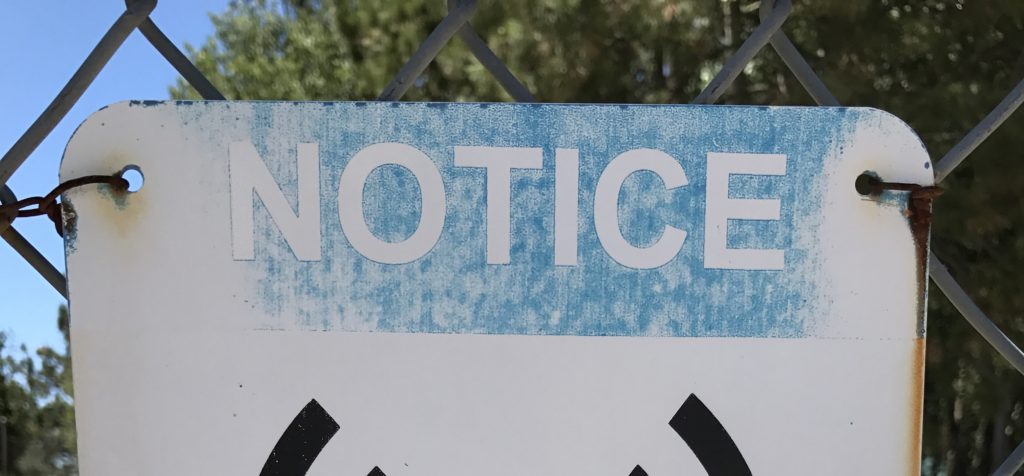
Plaintiff was an administrative assistant at defendant company. When her supervisor got word that plaintiff had been asked to join a competing company started by some other former company employees, the supervisor allegedly logged onto plaintiff’s work computer and without authorization accessed plaintiff’s Gmail account to get more information confirming plaintiff’s plans. Plaintiff was later terminated.
So she sued under the federal Stored Communications Act (“SCA”) and the Federal Wiretap Act (under a part of that act often called the Electronic Communications Privacy Act (“ECPA”)). Defendant moved to dismiss both the claims. The court denied the motion to dismiss the SCA claim but dismissed the ECPA claim.
The SCA prohibits, among other things, the intentional unauthorized access of a “facility through which an electronic communication service is provided”—thereby obtaining access to an electronic communication while in electronic storage. 18 U.S.C. § 2701(a). A court may award actual damages, statutory damages, and punitive damages for violation of the SCA. If a plaintiff seeks statutory damages under the SCA, it must prove actual damages. But one need not prove actual damages to recover punitive damages. The ECPA prohibits, among other things, the “interception” of electronic communication. 18 U.S.C. § 2511(a). Courts have generally held that such “interception” must be contemporaneous with transmission.
The court held plaintiff could move forward with her SCA claim even though she had not pled actual damages. She had sufficiently pled that she should be awarded punitive damages. And the court tossed the ECPA claim because the facts as alleged showed that the email messages the employer allegedly accessed had already been delivered and therefore were not intercepted as the statute requires for liability.
Benz v. PHB Realty Co., 2022 WL 3098579 (D. Kansas, August 4, 2022)
See also:
